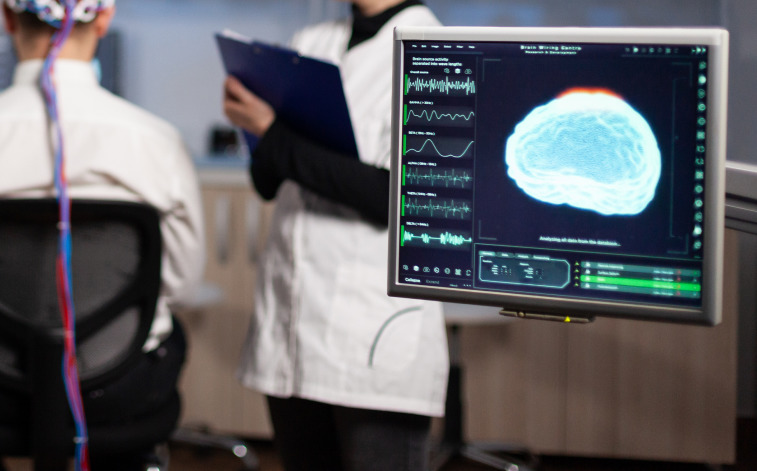TREATMENT
NEUROLOGICAL

Neurological disorders are all types of diseases related to the brain, the spine and the nerves that connect them. These disorders can generally be divided into several types; Those in which specific cells are degenerated over time such as Parkinson’s, Alzheimer’s disease and Dementia; Those in which cells are damaged in response to an ‘acute injury’ such as stroke, traumatic brain injury or spinal cord injury; Those in which cell function is impaired but cell death may not occur such as epilepsy.
A neurological disorder is not necessarily restricted only to the brain. A neurological disorder can affect any part of the body’s nervous system. These can include the basic physical structure, biochemistry, or electrical functioning of the brain, the spinal cord, any nerves related to them, or any of the types of cells in the nervous system.
- Stroke
- Alzheimer´s disease
- Dementia
- Epilepsy
- Autism
- Traumatic brain injury
- Multiple Sclerosis (MS)
- Amiotrophic lateral sclerosis (ALS)
- Neuropathy
- Spinal cord injury
- Reduce neuroinflammation
- Immunoregulation
- Neuro transmitors regulation
- Limit tissue injury extention
- Enhance our body´s tissue repair mechanisms
- Reduce neurodegeneration
- Increase functionality
- Angiogenesis
- Neuroregeneration
Procedure
All personalized treatment plans are based on each patient´s specific diagnosis and/or current condition.
Neurological treatments generally consist of the combination of systemic stimulation through I.V. therapy along with Central Nervous System (CNS) stimulation through an Intrathecal injection and/or Intranasal Exosomes (MSC-Exo) application.
All specific procedures are explained in detail during consultation with Dr. Fonseca.
